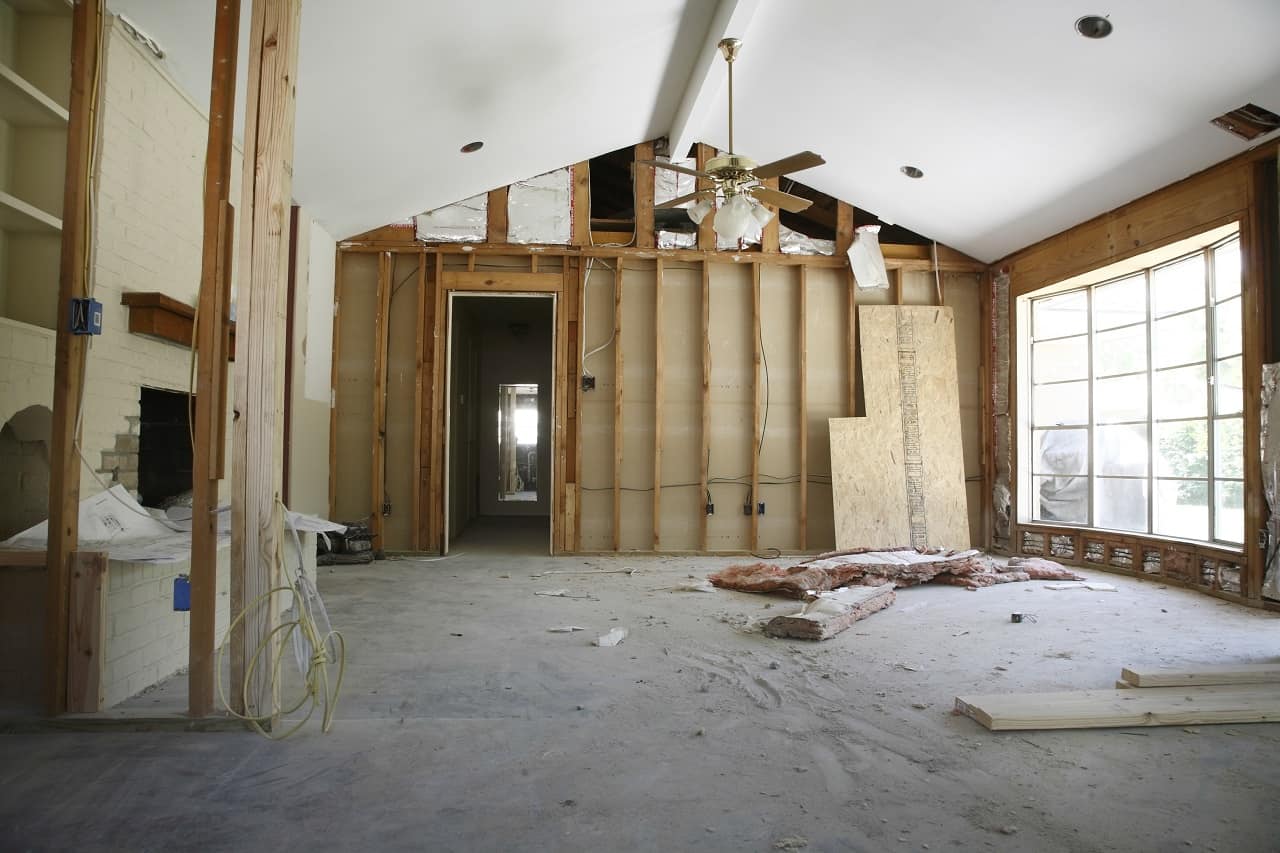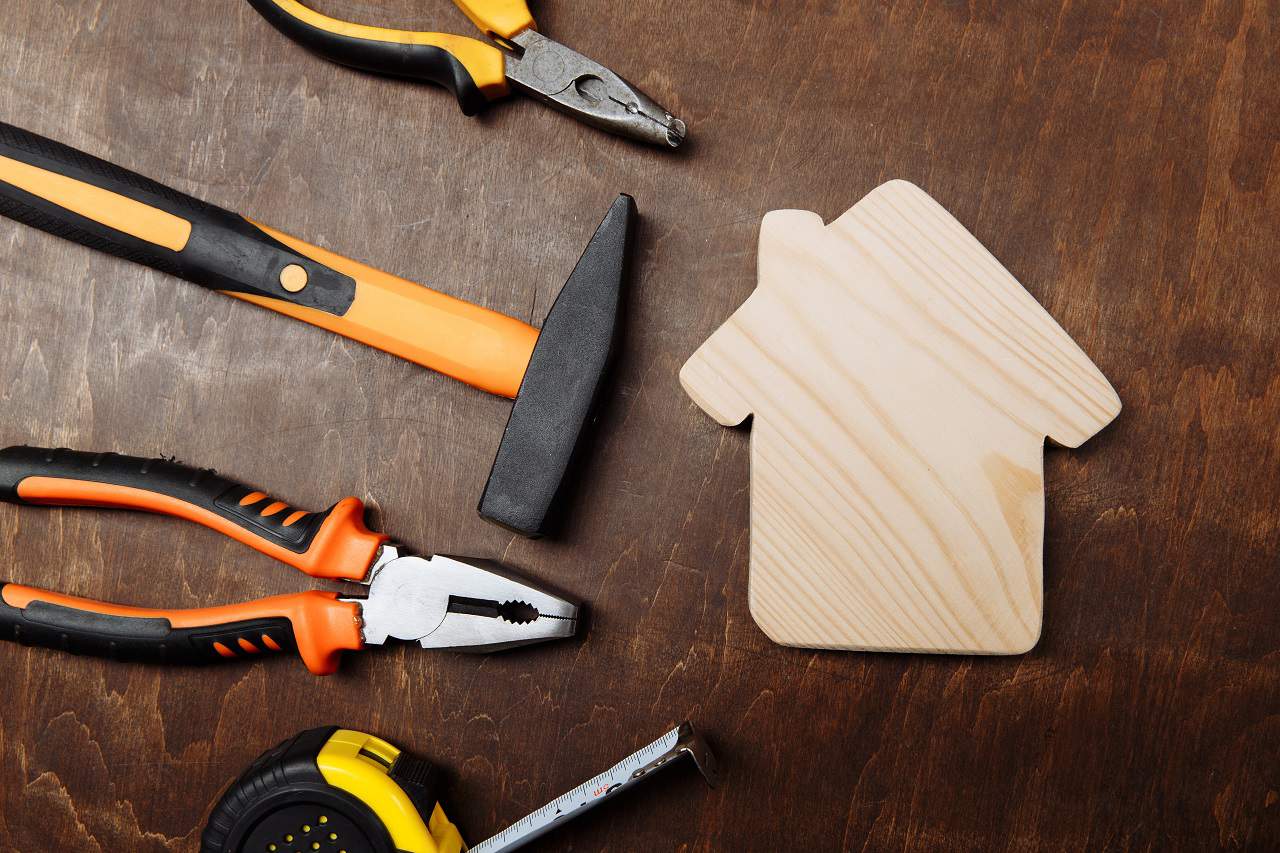Three reasons not to do your own electrical work in Ontario
Published February 1, 2023 at 1:31 pm

If you’re thinking of doing a home renovation or fixing up some parts of your home, it’s likely that you’ll need to do electrical work at some point – for example, installing pot lights, a hot tub, or maybe getting an electric vehicle charger installed.
When it comes to any electrical work, there’s one very important rule: Leave it to the professionals!

Finding a Licenced Electrical Contracting business in Ontario is thankfully not difficult. One easy method is to use the Electrical Safety Authority’s (ESA) website to find local electrical contractors in your area for any kind of electrical work, residential or otherwise.
Cutting corners and doing your own electrical work can be tempting, but there are several big reasons why it’s not worth it:
1. Bad electrical work can cause injury or even death.
Electricity is dangerous when handled improperly, potentially putting you and your loved ones at risk. Electrical devices and wiring that haven’t been installed property can cause electrocution or even start a fire in your home. According to the ESA, there were 53 electrocution fatalities between 2012 and 2021, and those who survive electrical incidents have immediate symptoms that often require medical intervention.

2. There is risk of serious damage to your property.
While harm to people is the biggest threat, property damage is a concern too – and the goal of at-home electrical work should always be to enhance your property, not damage it. As mentioned, faulty electrical work can potentially cause serious fires that quickly ravage an entire home, and the loss of property from such a fire could come at a staggering price.

3. A Licensed Electrical Contractor will handle all the paperwork for you.
According to the Ontario Electrical Safety Code, electrical work must be reported to the ESA by filing a notification of work within 48 hours of when it starts. A licensed electrical contractor will file this notification for you and request an inspection. They can also provide an ESA Certificate of Acceptance for your insurance company (which you’re entitled to a copy of).

When it comes to safety, you wouldn’t cut corners anywhere else, so why do it in your own home? Responsible homeowners should leave the electrical work to licenced contractors who have the expertise, equipment, and training to do the job safely.
Find a licensed electrical contractor in your area by using the ESA’s easy look-up tool. You can ask for and verify their ECRA/ESA licence number, which should be on their business card, estimates and vehicles.
It’s important to know the difference between electricians: Licensed electrical contractors are the only type of electrician you can directly hire to do electrical work in your home. On the other hand, certified and master electricians have their own roles, but cannot be hired directly to do work within your home.
And beware unlicensed electrical contractors offering to work at a lower rate — their work can often be up to four times faultier than work done by licensed contractors, and if they get hurt on the job, the homeowner (you) is responsible if the contractor isn’t insured.
If you suspect someone is doing electrical work unlicenced, or isn’t meeting the requirements of their licence, you can file a report and make sure no harm is done.
Never cut corners when it comes to electrical safety! For more information, visit the ESA’s website, Facebook and Twitter pages.
INsauga's Editorial Standards and Policies